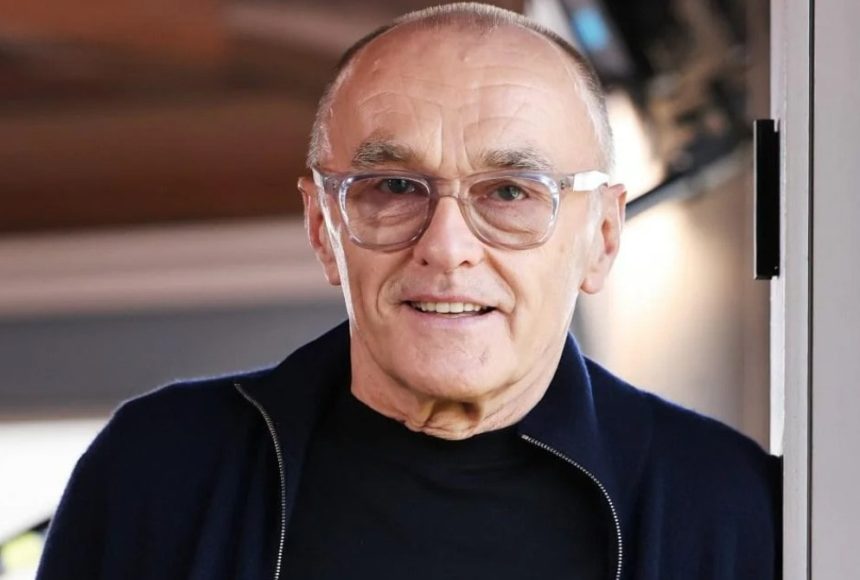Danny Boyle Wouldn’t Make ‘Slumdog Millionaire’ Today Due to Cultural Sensitivities
Oscar-winning filmmaker Danny Boyle has said he would step back from directing Slumdog Millionaire if it were being made today, citing growing awareness around cultural appropriation.
The British director, known for pushing cinematic boundaries, reflected on the film’s legacy in a recent interview with The Guardian. Though Slumdog Millionaire became a global success in 2008 — eventually winning eight Academy Awards — Boyle admitted the cultural landscape has shifted dramatically since then.
“Yeah, we wouldn’t be able to make that now,” he said.
The film tells the story of Jamal Malik, a teenager from Mumbai’s slums, who stuns the nation by winning the Hindi version of Who Wants to Be a Millionaire. It captivated audiences with its raw energy and earned widespread acclaim, particularly for Dev Patel’s breakout role.
Boyle, however, now questions whether he was the right person to tell such a deeply Indian story.
“You’re still an outsider,” he acknowledged. “It’s still a flawed method. That kind of cultural appropriation might be sanctioned at certain times. But at other times it cannot be.”
When the film was made, Boyle and his team took a minimal crew to Mumbai, collaborating closely with local talent. Back then, this approach was seen as respectful — even groundbreaking. Now, with growing calls for authentic representation, the same strategy might be viewed differently.
“At the time it felt radical,” he explained. “We made the decision that only a handful of us would go to Mumbai. We’d work with a big Indian crew and try to make a film within the culture.”
His comments come as his latest film, 28 Years Later, nears release — the newest chapter in his post-apocalyptic horror series. But it’s clear Boyle has more than zombies on his mind. He’s taking stock of how global perspectives are evolving, especially in storytelling.
“You wouldn’t even contemplate doing something like that today,” he said. “And that’s how it should be. It’s time to reflect on all that. We have to look at the cultural baggage we carry and the mark that we’ve left on the world.”
The filmmaker’s introspection isn’t new. In 2009, he told Entertainment Weekly that filming in Mumbai changed him, challenging his Western instincts to divide “bad” from “good.”
“What you have to do is accept and absorb both. That’s what changed me,” he said.
Even during a 2008 roundtable discussion, Boyle admitted he had only scratched the surface of Indian culture.
“I know nothing of it, really,” he said. “You get a tiny little glimpse and maybe if we’ve done it well, there’s a bit of it that’s convincing, for the time being until somebody makes something better.”
Back then, he expected to be viewed as a remnant of colonialism. But the reception in Mumbai surprised him.
“It lets you let go of that kind of attitude,” he recalled. “Either you go home disappointed or you get home and make the film.”
Now, in 2025, he says the role of director on a film like Slumdog Millionaire should go to someone else entirely.
“If I were part of the team today,” he said, “I’d want it to be directed by a young Indian filmmaker.”






